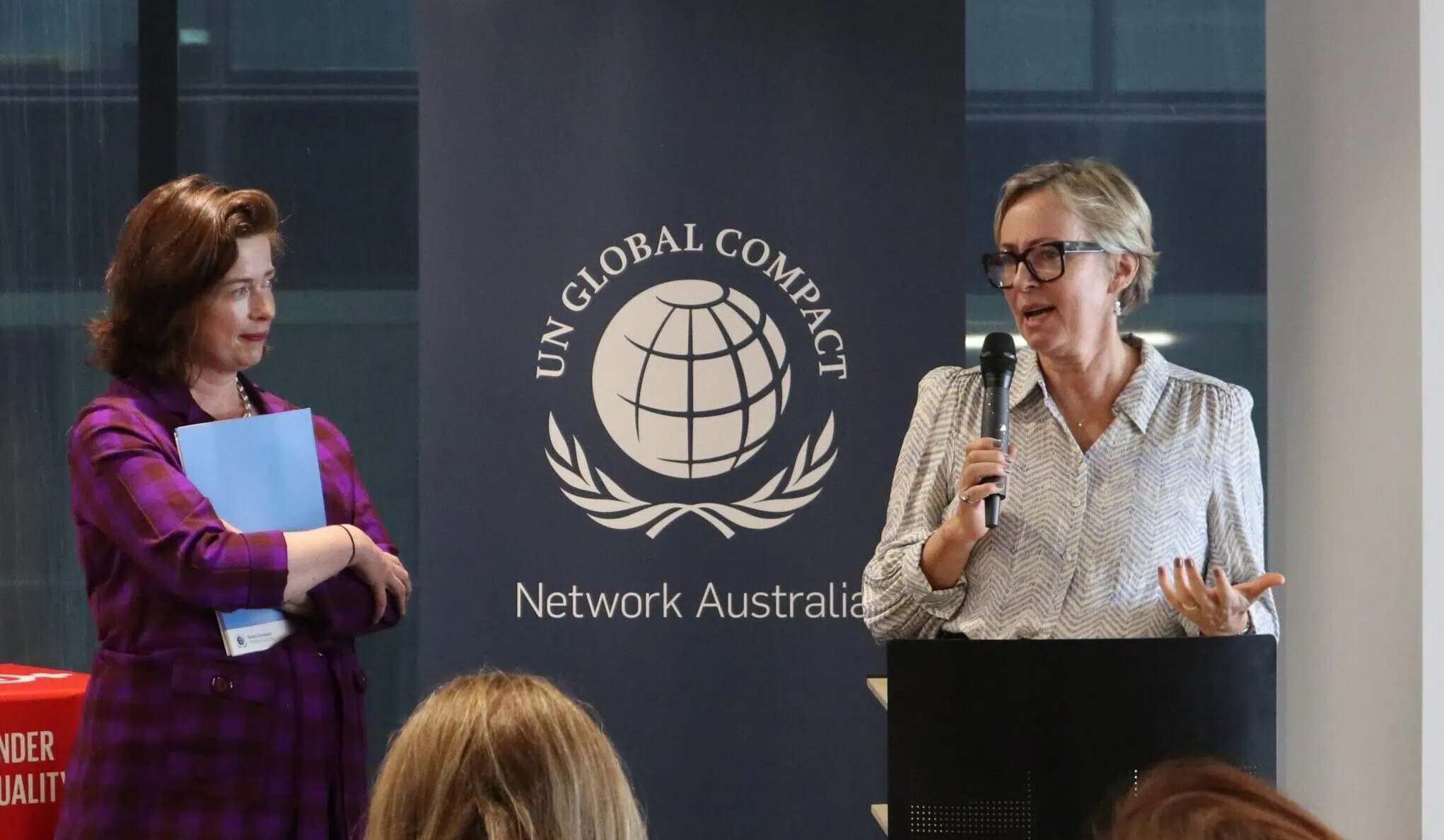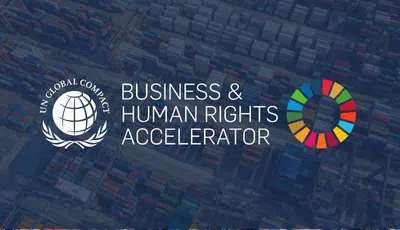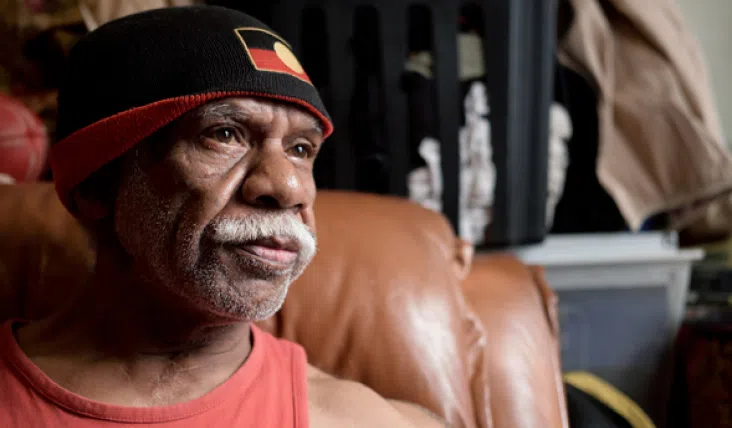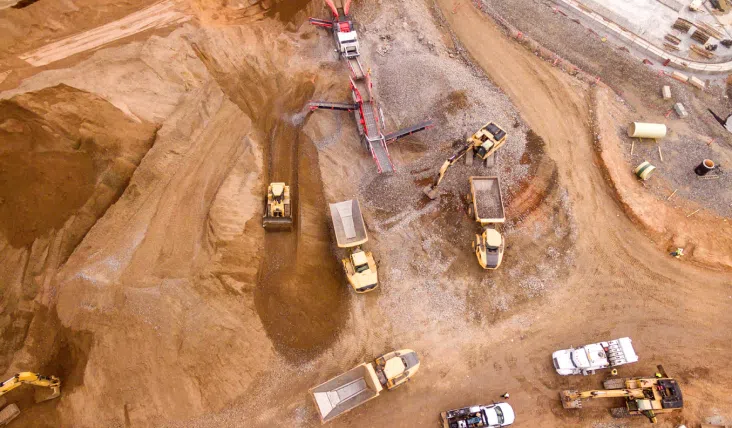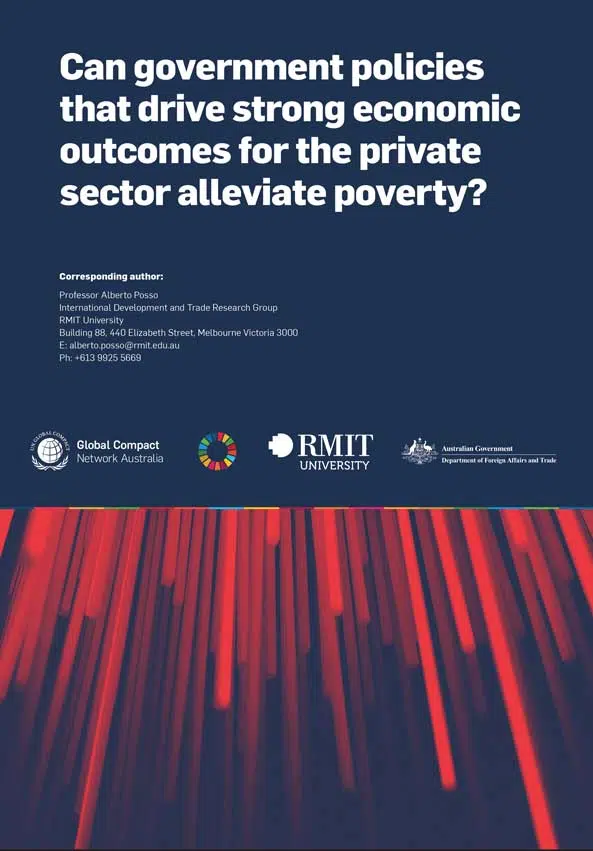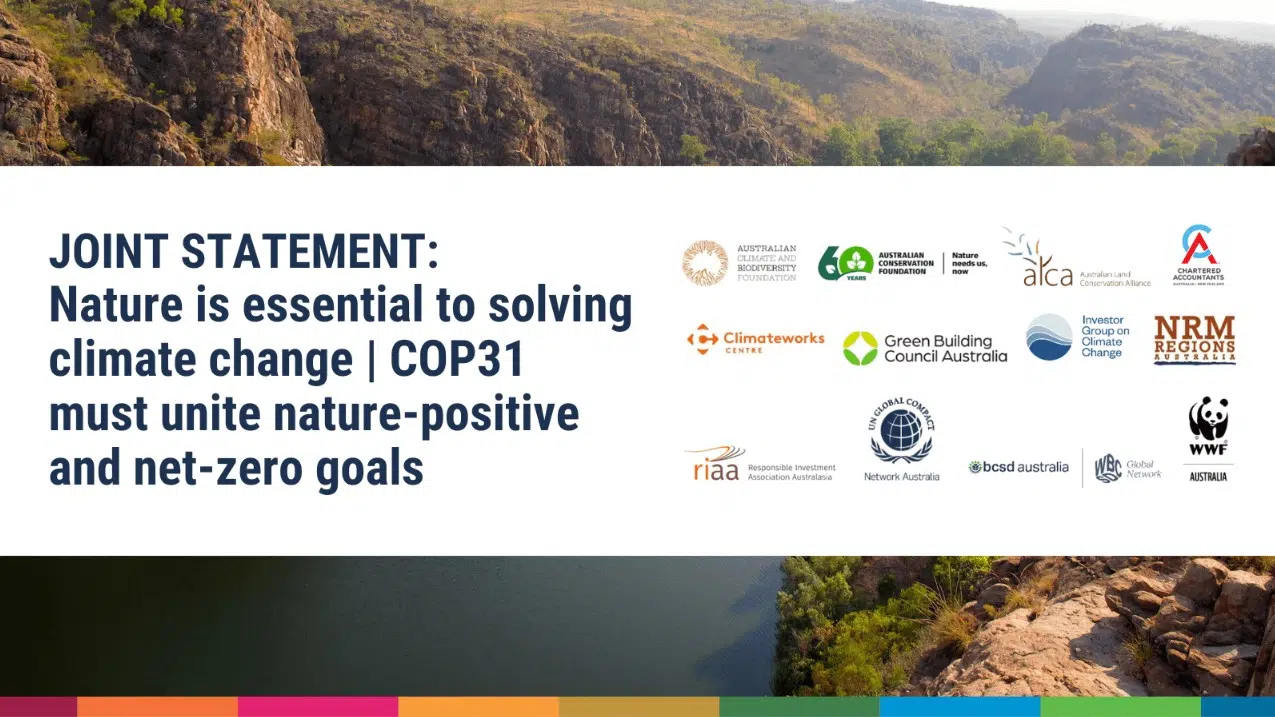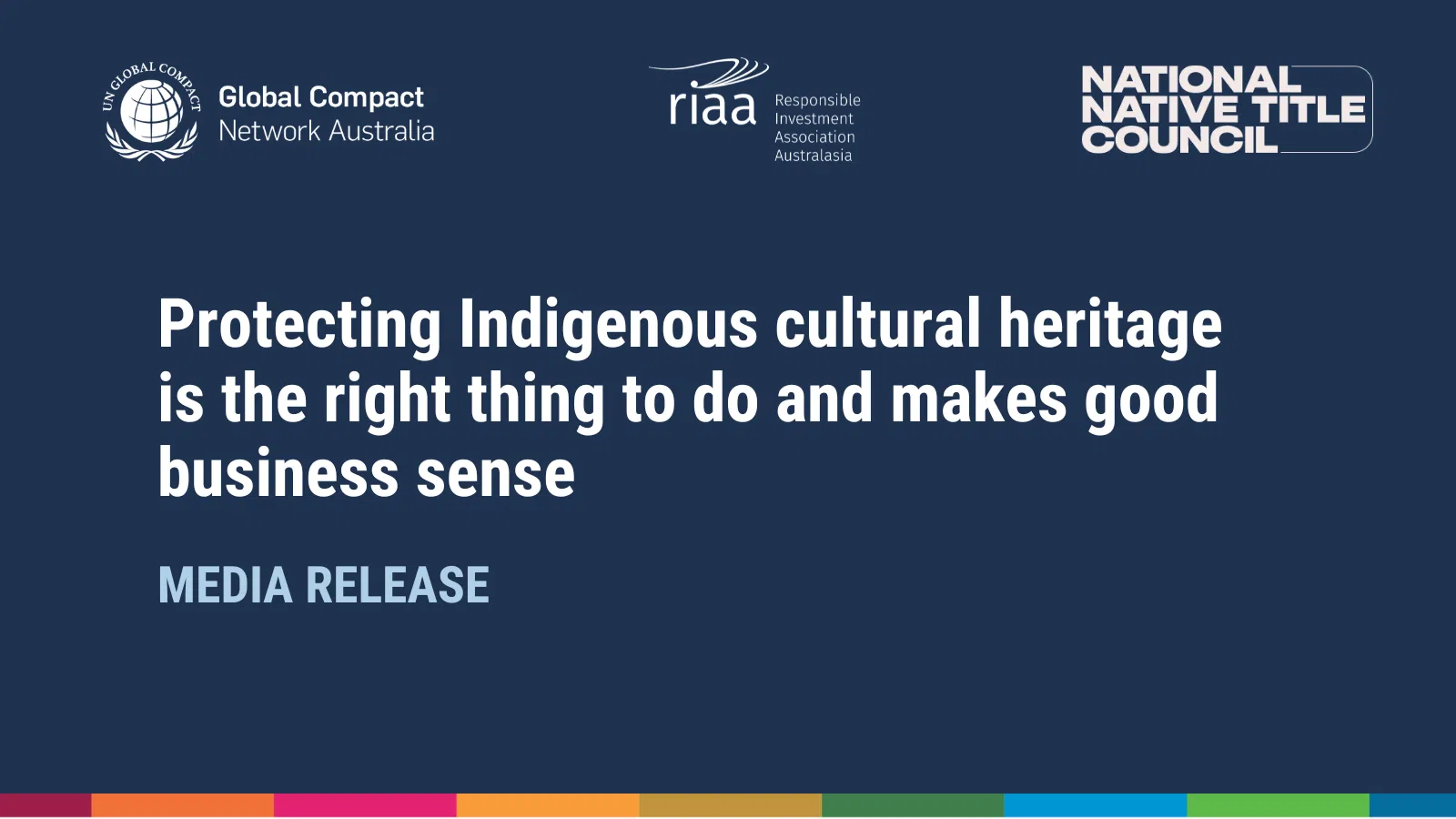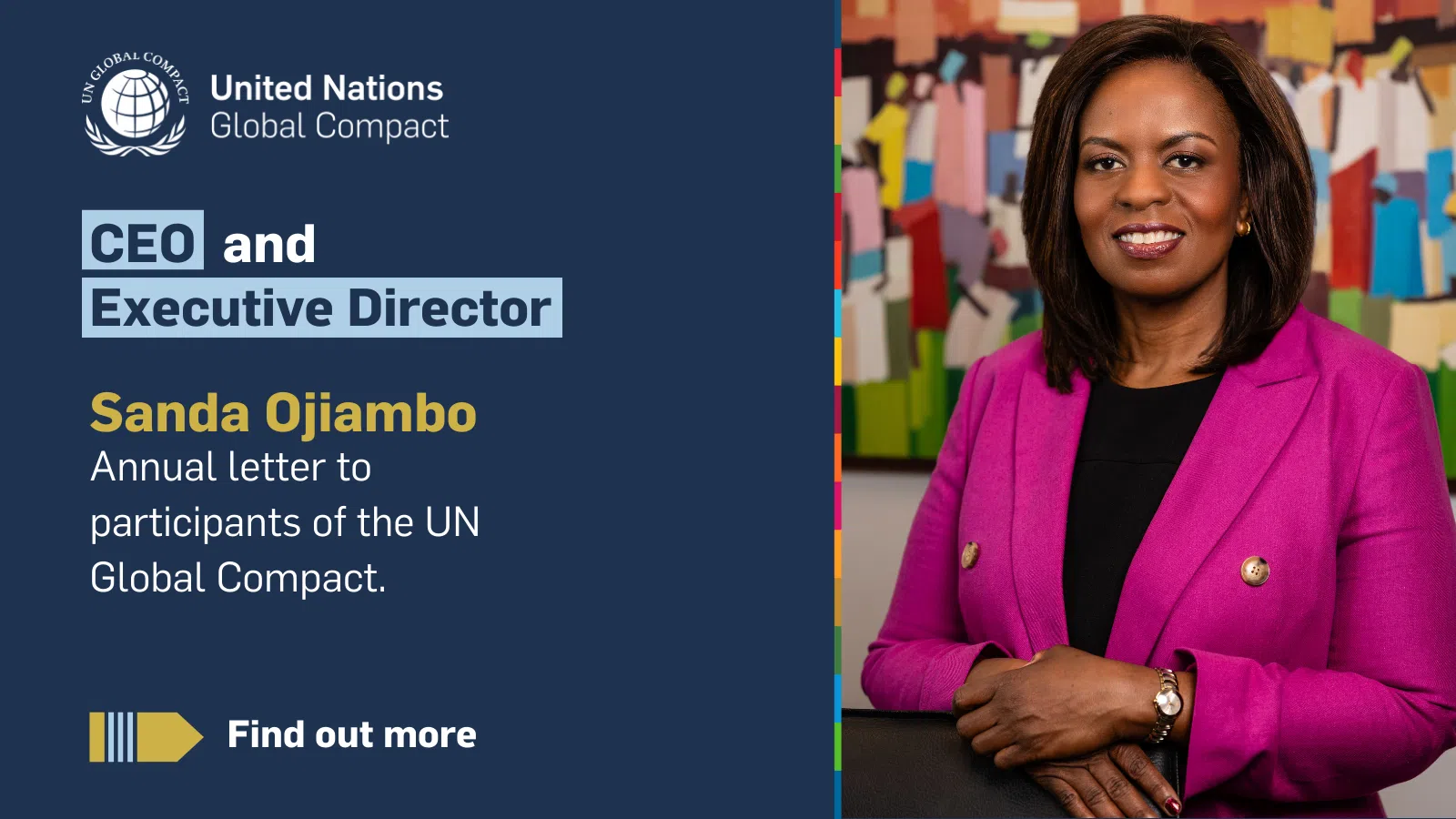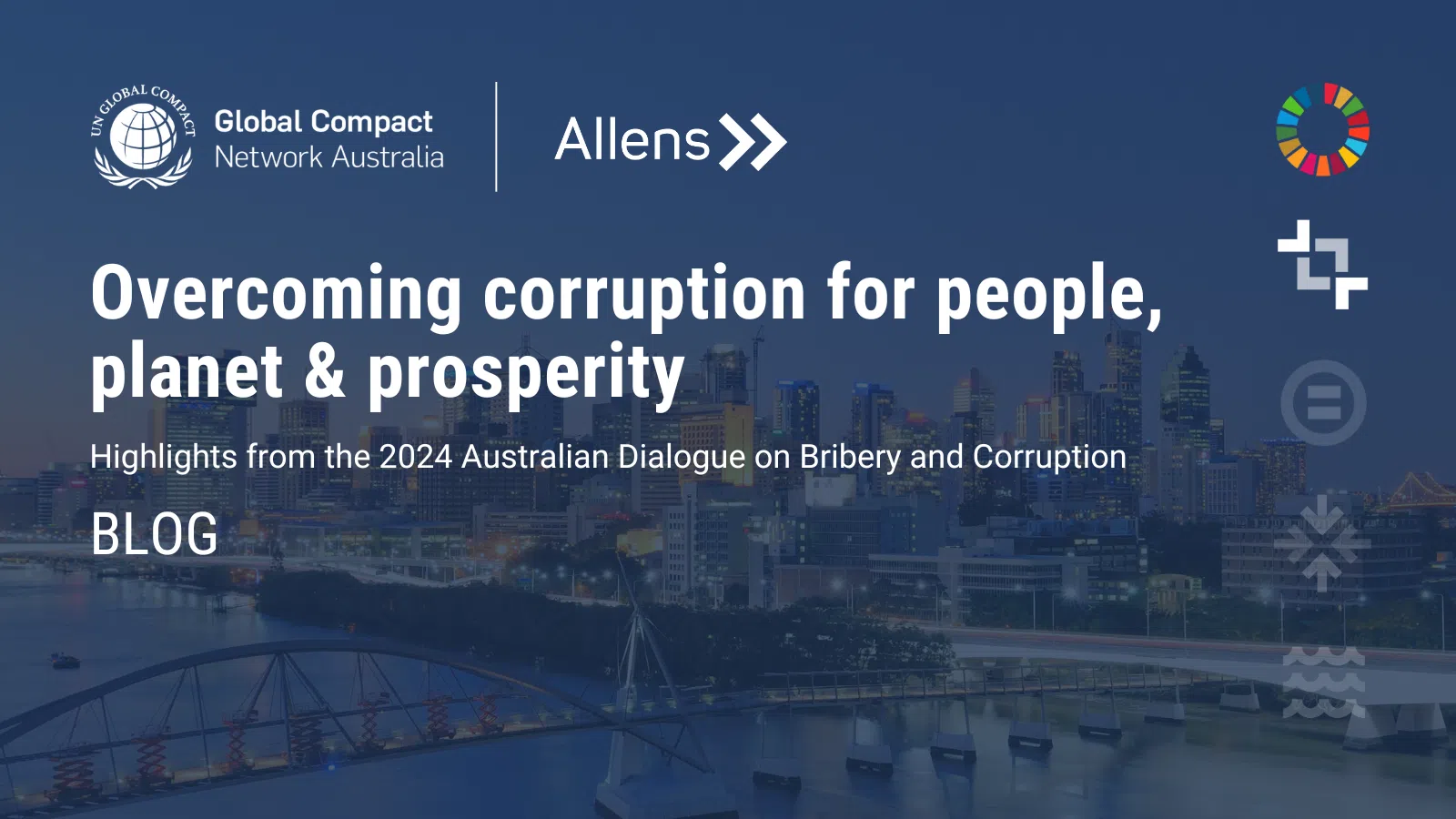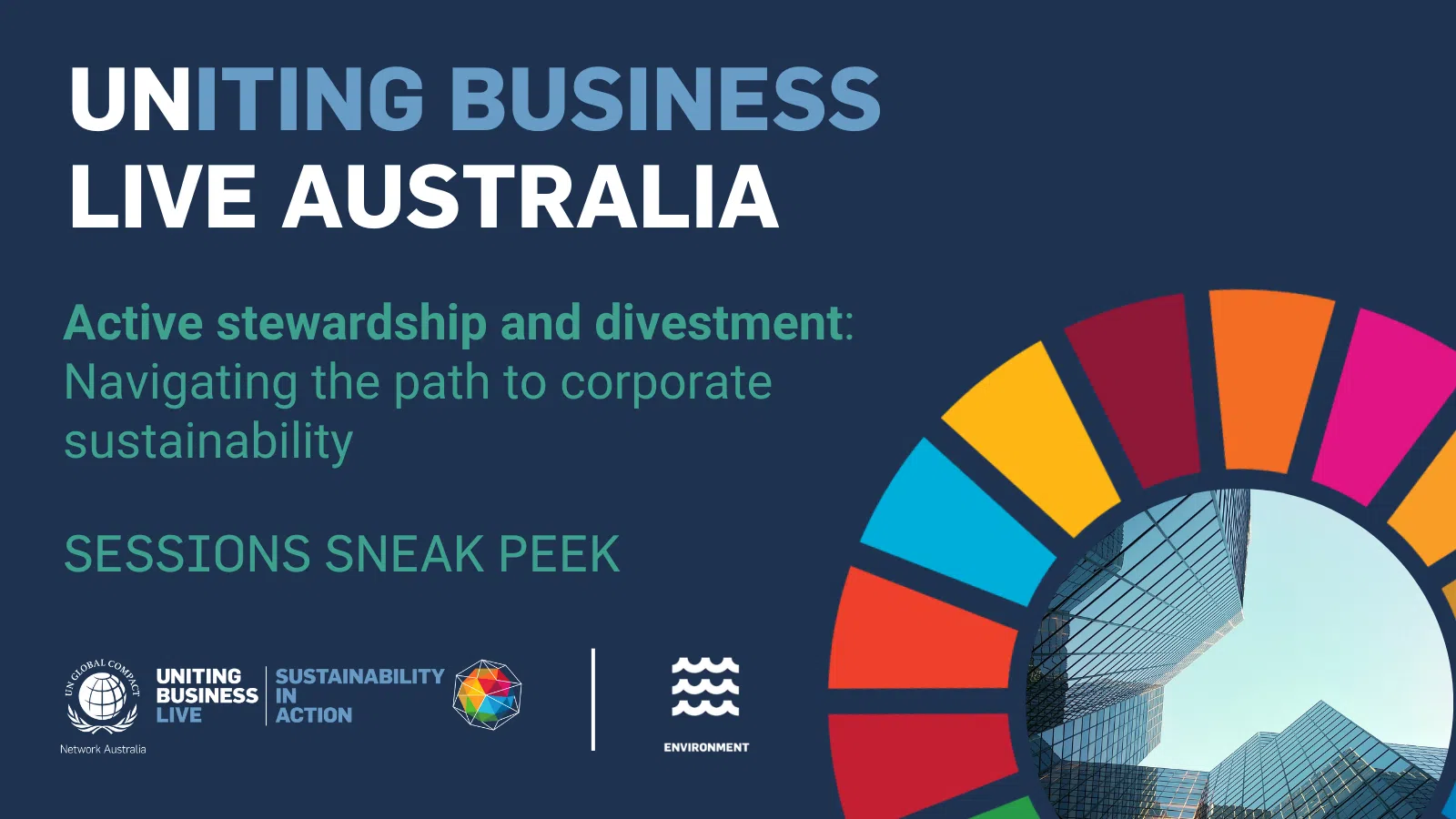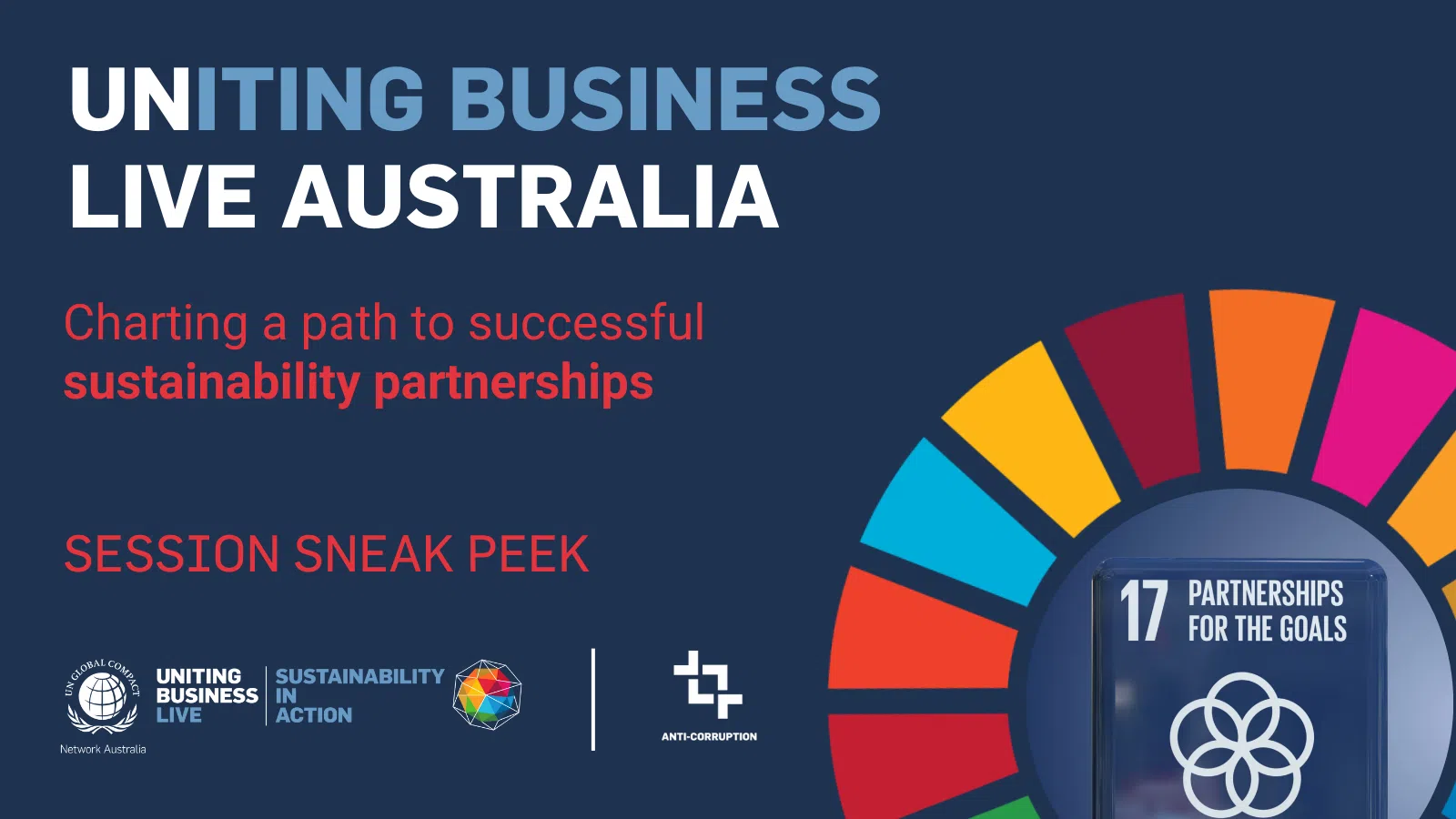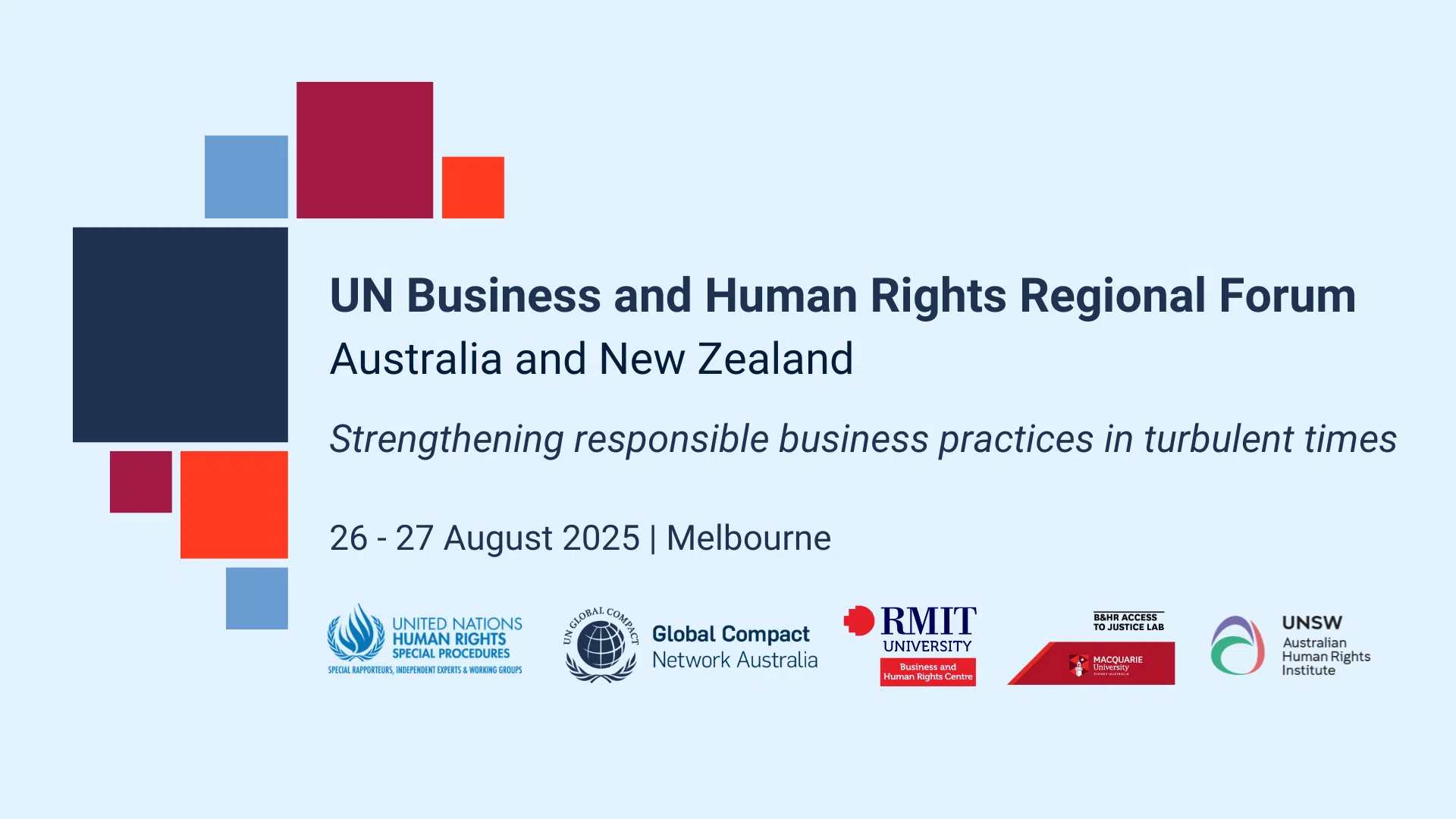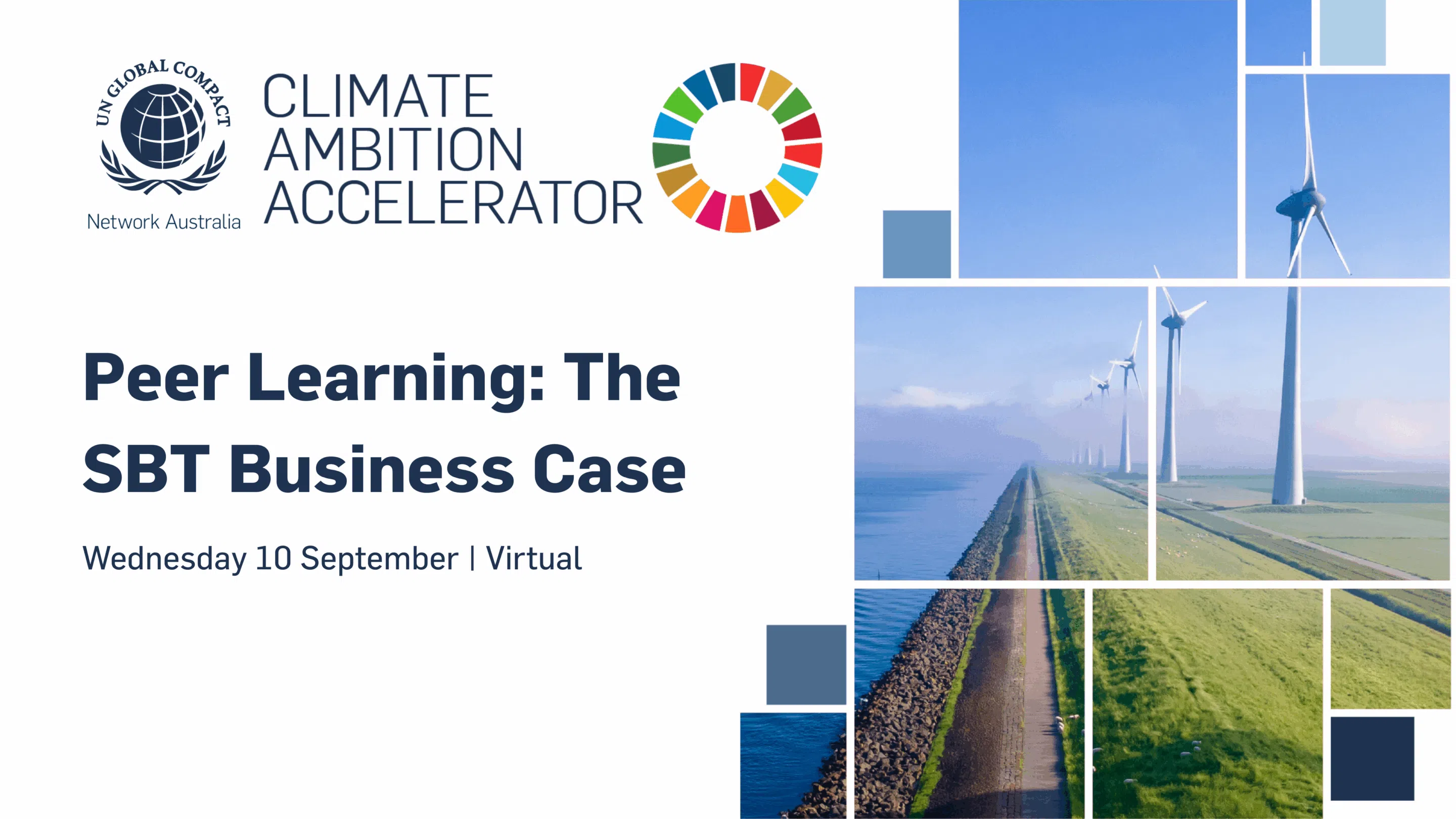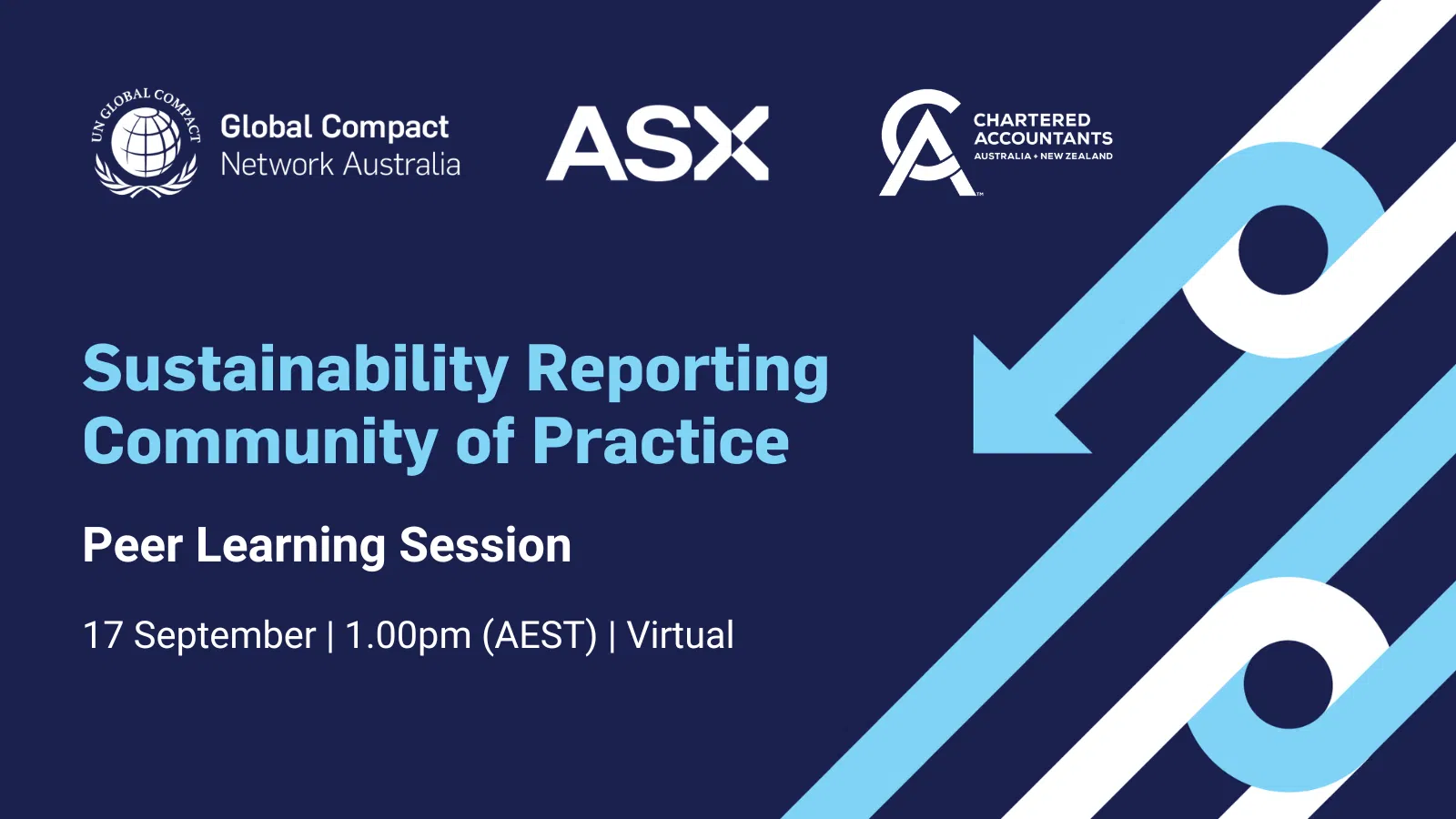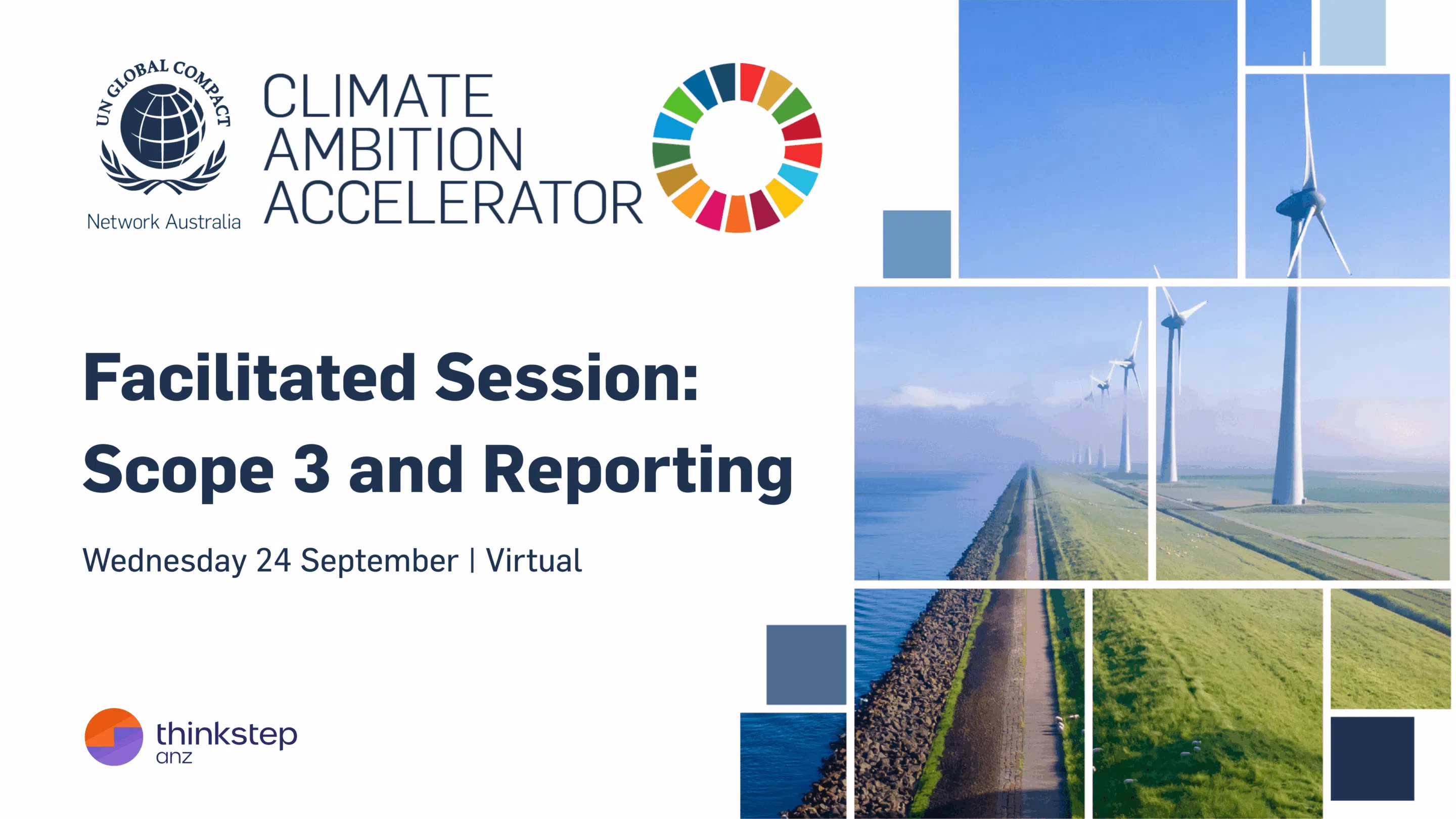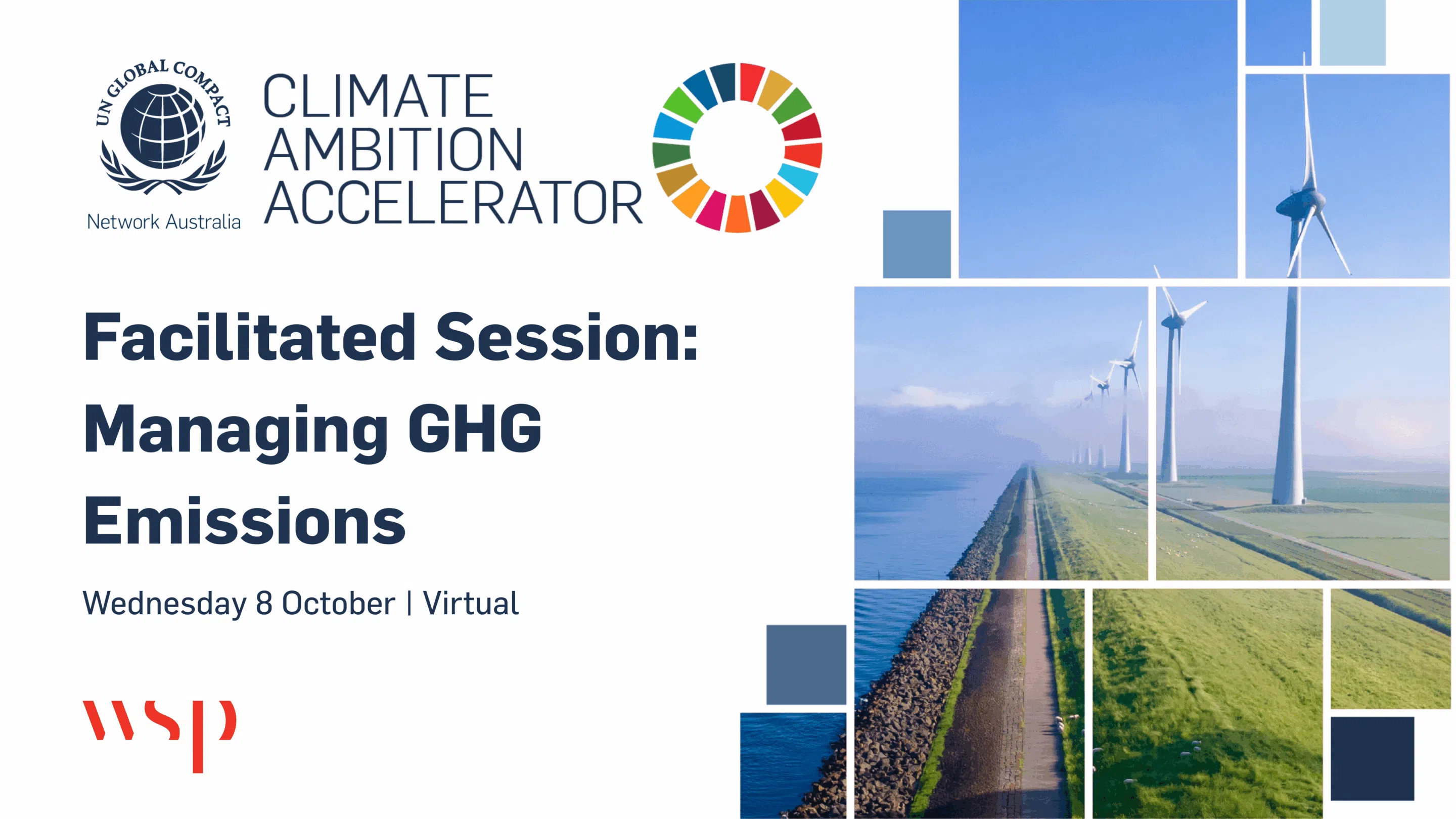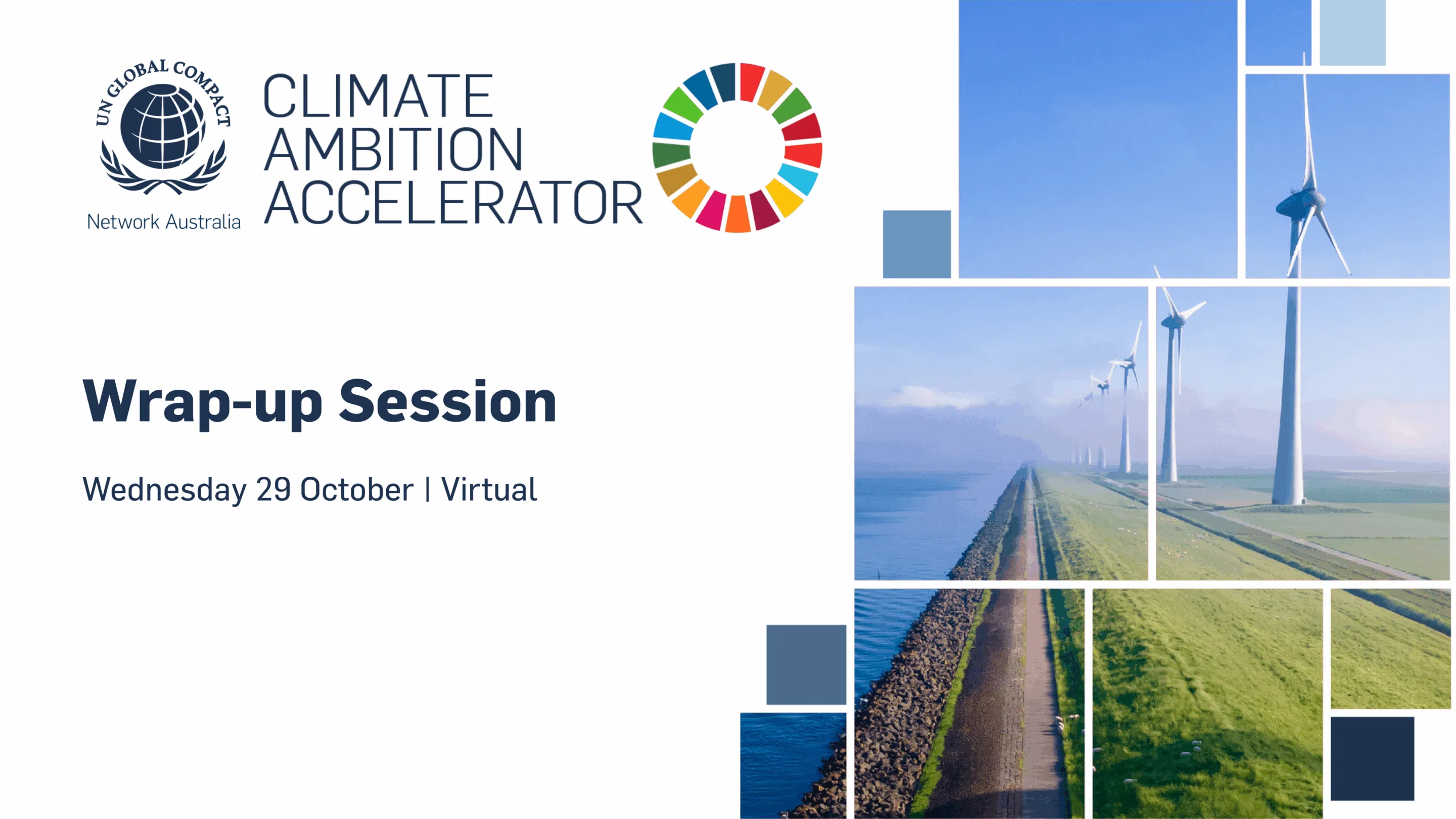Modern slavery in its many forms — forced labour, debt bondage and the worst forms of child labour, among others — continues to affect millions around the world. Whilst global supply chains generate financial growth, employment, skill development and technology transfer, the presence of pervasive human rights violations, such as modern slavery, significantly hinders Sustainable Development.
Business participants of the UN Global Compact have made the commitment to our Ten Principles including:
- Principle 1: Businesses should support and respect the protection of internationally proclaimed human rights
- Principle 2: Businesses should make sure they are not complicit in human rights abuses
- Principle 4: Businesses should uphold the elimination of all forms of forced and compulsory labour
- Principle 5: Businesses should uphold the effective abolition of child labour
The UN Global Compact Network Australia supports Australian participants to meet the Ten Principles and broader commitments made under the UN Global Compact, through the delivery of publications, training and network engagement.
Get Involved
The UN Global Compact Network Australia convenes an annual multi-sector, multi-stakeholder Business and Human Rights dialogue. Register your interest at secretariat@unglobalcompact.org.au.
Contact us
To find out more about our Business and Human Rights workstream, contact:

Modern Slavery Community of Practice (MSCoP)
To help Australian businesses navigate new developments and share learnings in a safe space, the UN Global Compact Network Australia (UNGCNA) hosts a Modern Slavery Community of Practice (MSCoP) for business members. To ensure the MSCoP programming is targeted and relevant for all attendees, we run three separate streams (Optimising, Implementing and SME).
Each stream within the UNGCNA Modern Slavery Community of Practice comprises a small, interactive group that meets at least bi-annually and operates under the Chatham House Rule.
The purpose of the Community of Practice is:
- To connect participating UNGCNA members and enable learning and discussion on the opportunities and challenges facing Australian business relating to identifying, managing and communicating modern slavery risks.
- To identify and share leading modern slavery interventions to enable members and other Australian-based organisations to improve their modern slavery risk management program, in line with the principle of continuous improvement.
- To support members in preparing for further regulatory movement on modern slavery and human rights due diligence.
Bite-sized Learning
UNGCNA periodically releases Bite-sized Learning videos unpacking key modern slavery risk management issues and trends for Australian businesses.
Publications
UNGCNA periodically publishes research designed to assist business respond to modern slavery and broader human rights risks. These publications are also designed to support businesses to better report under the Australian Modern Slavery Act.
| Cover | Title | About | Link |
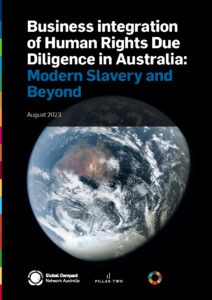 |
Business integration of Human Rights Due Diligence in Australia: Modern Slavery and Beyond | Since the introduction of Australia’s Modern Slavery Act (Cth) in 2018 over 7,000 businesses have prepared and filed a modern slavery statement with the Online Register established by the Australian Government. While modern slavery remains a severe risk to people working within the operations and value chains of Australian businesses, this report has been designed to provide businesses a broader view of the range of human rights impacts with which they may be involved.
This publication also provides practical examples of actions that businesses can take to expand their focus to assess and address broader human rights impacts in addition to modern slavery in line with the UNGPs. |
Publications Library |
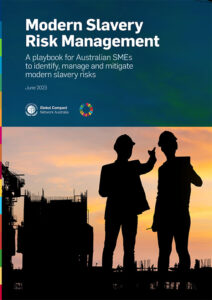 |
Modern Slavery Risk Management: A playbook for Australian SMEs |
This publication is designed to help small to medium-sized |
Publications Library |
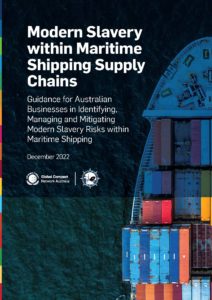 |
Modern Slavery within Maritime Shipping Supply Chains |
This publication is designed to help Australian businesses uphold their responsibility to respect the human rights of seafarers within their supply chains, including freedom from modern slavery in all its forms. It was written by the UN Global Compact Network Australia (UNGCNA) in partnership with the Maritime Union of Australia (MUA), with support from the Australian Branch of the International Transport Workers’ Federation (ITF) Australian Inspectorate. |
Publications Library |
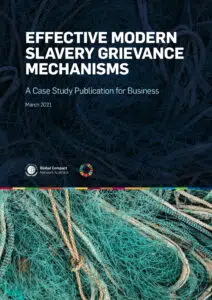 |
Effective Modern Slavery Grievance Mechanisms: A Case Study Publication for Business | This publication aims to increase Australian businesses’ understanding of effective grievance mechanisms that can address modern slavery in their operations and supply chains, and to equip businesses to establish and operate these mechanisms. This will support businesses to describe their actions to respond to modern slavery risks, including remediation processes — a requirement of the Australian Act. | Publications Library |
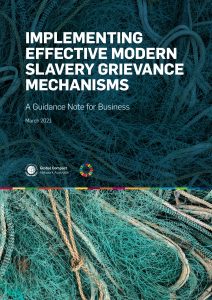 |
Effective Modern Slavery Grievance Mechanisms: A Guidance Note for Business | This publication aims to provide practical advice to support businesses at all stages of designing and implementing effective business-led grievance mechanisms to hear and address complaints about modern slavery in their operations and their supply chains. The guide may be particularly useful for businesses reporting either voluntarily or compulsorily under Australia’s Modern Slavery Act 2018 (Cth) (Australian Act), as well as businesses implementing key voluntary standards. | Publications Library |
Regulatory engagement on Modern Slavery
As a leading voice and platform for learning and action, UNGCNA has built a strong reputation for supporting businesses to tackle modern slavery and regularly engages with government and regulatory bodies on the design and operation of modern slavery laws and regulations in Australia. Select public submissions relating to modern slavery can be found below:
- UNGCNA submission to the Review of the Modern Slavery Act (December 2022)
- GCNA submission to the inquiry into the Customs Amendment (Banning Goods Produced By Uyghur Forced Labour) Bill 2020 (March 2021)
- GCNA submission on the Department of Home Affairs Draft Guidance for Reporting Entities (June 2019)
- GCNA submission to the inquiry into an Australian Modern Slavery Act (April 2017)
Get Involved
Register your interest to be involved in our Modern Slavery program, or to join our nationwide Modern Slavery Community of Practice at secretariat@unglobalcompact.org.au.


